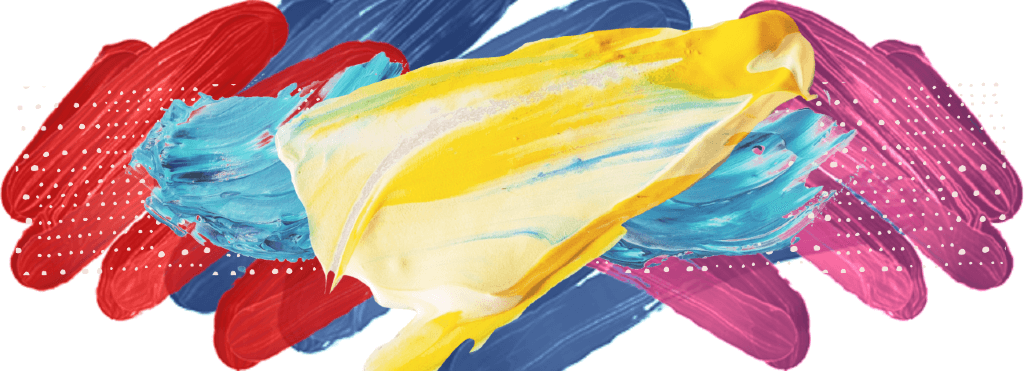
Amistad (1997)
- SYNOPSIS
Act One
Scene 1: Cloth for the Dead—The Spanish schooner Amistad, out of Cuba, drifts off Long Island. The “ghost” ship is legendary—taken over by slaves, haunting Eastern waters. Aboard ship is one who shapes their fate—a ragged, boastful African deity: the Trickster God, spirit of rebellion and uncertainty. When humans meet him, they are apt to lose their way. This Trickster has been led astray himself, and the torturous Middle Passage journey has blinded him and weakened his powers. Claiming that he will prevail (Aria: The unknown is my realm), he asks for help from the Goddess of the Waters. The Trickster hears the ship’s two hostages, a navigator and a slaver, scheming. He tells Cinque they are not headed to Africa, but have zigzagged north toward another fate (Duet: We’re drifting). When the ship runs aground, a merchant seaman seizes it to sell the Africans as salvaged cargo. The two Spaniards tell of mutiny and murder and claim to own the Africans, who insist they are free (Chorus: We have come to naught). Cinque believes they are victims of a Mende taboo: to see a god can bring danger (Aria: The meaning is clear). Antonio, a life-long slave and witness to the mutiny has fears, too (Aria: And me, am I save’?)
Scene 2: Savages of Legend—Newspaper reporters joust of the captives’ lot as they watch them being paraded to jail (Sextet: So these are the savages). The Trickster, god of chance, seems restored on American soil (Aria: Are they going to kill us?)
Scene 3: Ankle and Wrist—Margu tells of her capture (Aria: I could tell), and the captives vow not to reveal where they are from to protect their families. Cinque recalls being caught in a net (Chorus: Ankle and wrist; Aria: The past is a fading). A “scientist” who studies ethnic groups gives his findings to the press (Aria: The base of his brain).
Scene 4: The Greatest Liberty—(Chorus: Jesus Savior, pilot me) Abolitionist Tappan comes to plead with John Quincy Adams to act as lead lawyer for the Africans. Adams resists, then muses on the republic’s vision of liberty (Aria: The greatest liberty).
Act Two
Scene 1: Posers, Dandies, Hacks—The reporters introduce the cast at court (Sextet: It’s quite a show).
Scene 2: What the Navigator Saw—The navigator tells of awakening to a revolt (Aria: The moonlight died).
Scene 3: A Foreign Appeal—The President and the Spaniard plot to sneak the captives to Cuba if the blacks should win in court.
Scene 4: What Antonio Saw—Antonio recalls the captain’s death (Aria: I beg mercy).
Scene 5: They saw a God—The captives begin the story in Africa (Quartet: We thought they came for salt).
Scene 6: Skin of Clouds—The Goddess of the Waters, invoked by their tale, recalls Middle Passage (Aria: And one day they began).
Scene 7: Freed by Lord and Chief—The captives relive the events of their journey from Africa to America: Upon landing in Cuba, the seeds of revolt are sown when Antonio rebukes the Trickster (Chorus: Nansi, Bren Nansi) and the cook threatens the captives. Antonio tells them they are now in a new world (Aria: Sis Goose).
Scene 8: The Rising—As the flashback continues, the Trickster frees the captives and starts the revolt (Aria: All my tricks are old). Cinque decides to spare Antonio (Aria: Sleeps at his master’s feet).
Scene 9: Bird on the Wing—Adams sums up before the court (Aria: To one’s own life) and the captives case is won: They will go home (Chorus: The chains are gone), but the Trickster decides to stay in the Americas.- PREMIERE INFORMATION
Lyric Opera of Chicago, 1997
Artists:
- Conductor - Dennis Russell Davies
- Director - George C. Wolfe
- The Trickster God - Thomas Young, lyric tenor
- Goddess of the Waters - Florence Quivar, mezzo-soprano
- Cinque - Mark S. Doss, bass-baritone
- The Navigator - Mark Baker, tenor
- Antonio - Eugene Perry, baritone
- John Quincy Adams - Stephen West, bass-baritone
- Margru - Kimberly E. Jones, soprano
- Don Pedro/Calderon - Wilbur Pauley, bass
- Tappan - John Daniecki, tenor

